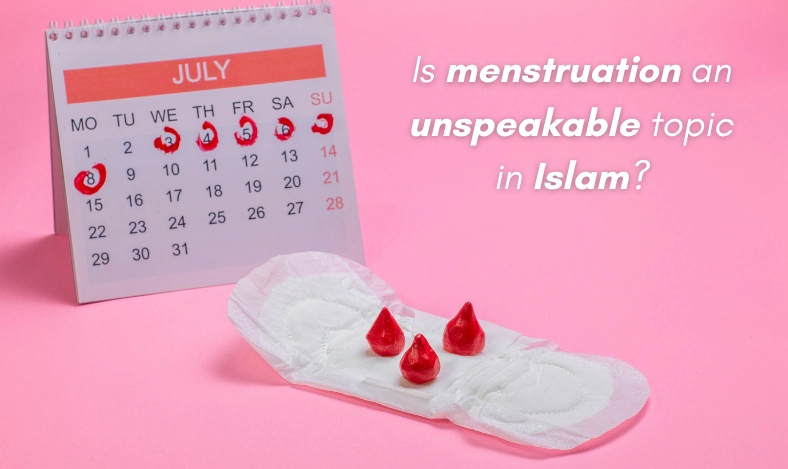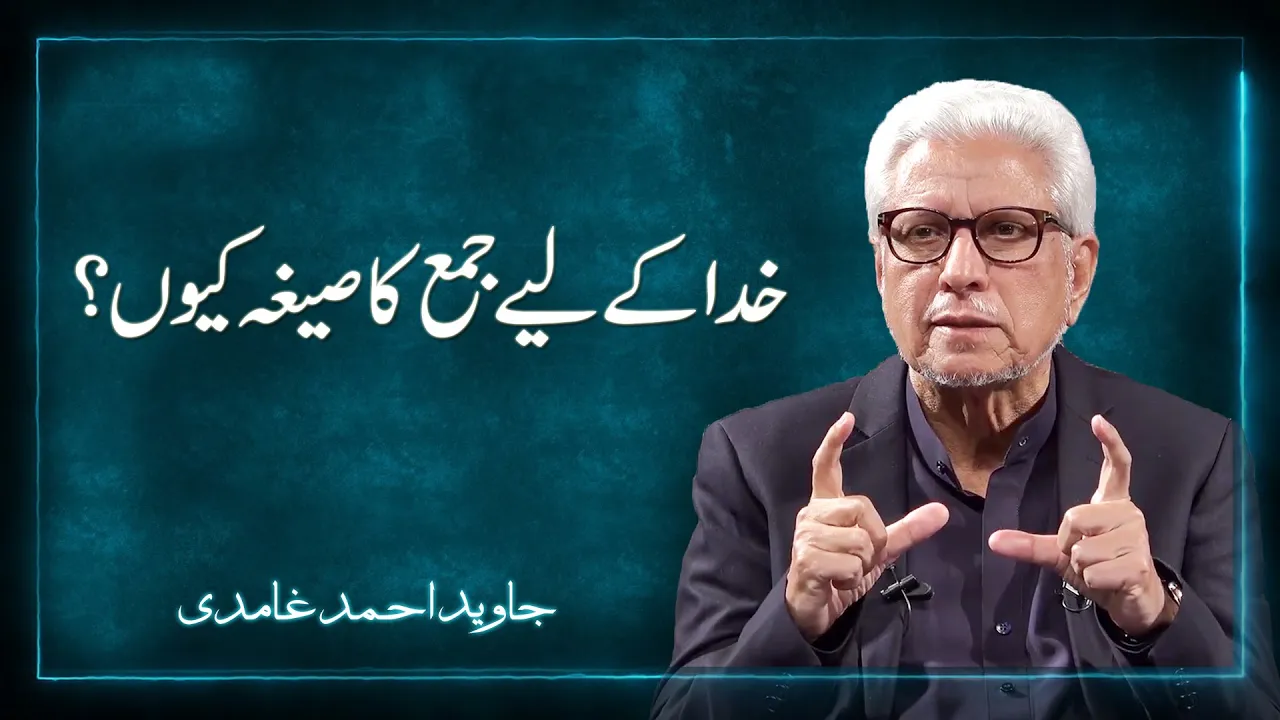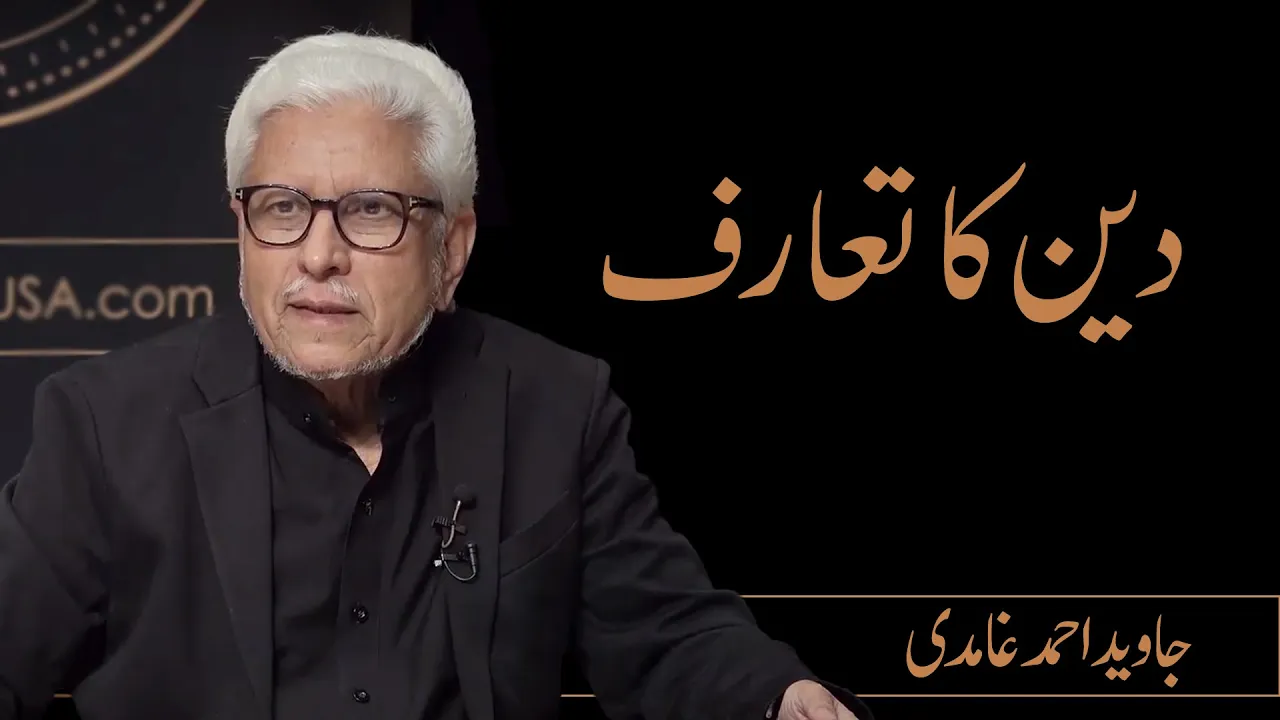Question
I believe that the ḥadīths recorded in the Saḥīḥ of Bukhāri and Saḥīḥ of Muslim are conclusive. This means that there is only one possible stance regarding the disputed matters if seen in the light of the sound narratives ascribed to the Prophet (sws). If this is true then why do we plead to weak narratives and support counter opinions on an issue?
Answer
Your question implies two suppositions. Neither of them seems sound. Firstly, you claim that the narratives in Bukhārī and Muslim are conclusively authentic. You also say that all the disputed matters in these two books reach the same conclusion. On the basis of these suppositions, your question seems totally untenable. The people who consider ḥadīth a basic source of religion base their stance on a sound narrative as a general principle. Hadiths which are not directly traced back to the Prophet (sws) or whose chain of narrators is not reliable are usually summonsed to corroborate the view reached at in the light of the reliable sources. However, this rule is at times defied in practice. You would be right to object to this attitude. However, this is not the real issue. I suggest you should consult the chapter ‘usūl wa mubādī from the book ‘Mīzān’ by Mr. Javed Ahmad Ghamidi in order to understand the related discussions. I hope you will be able to grasp the bottom-line of the issue.
Translated by: Abid Mahmood Hashmi
Answered by: Talib Mohsin
Date: 2015-01-26









